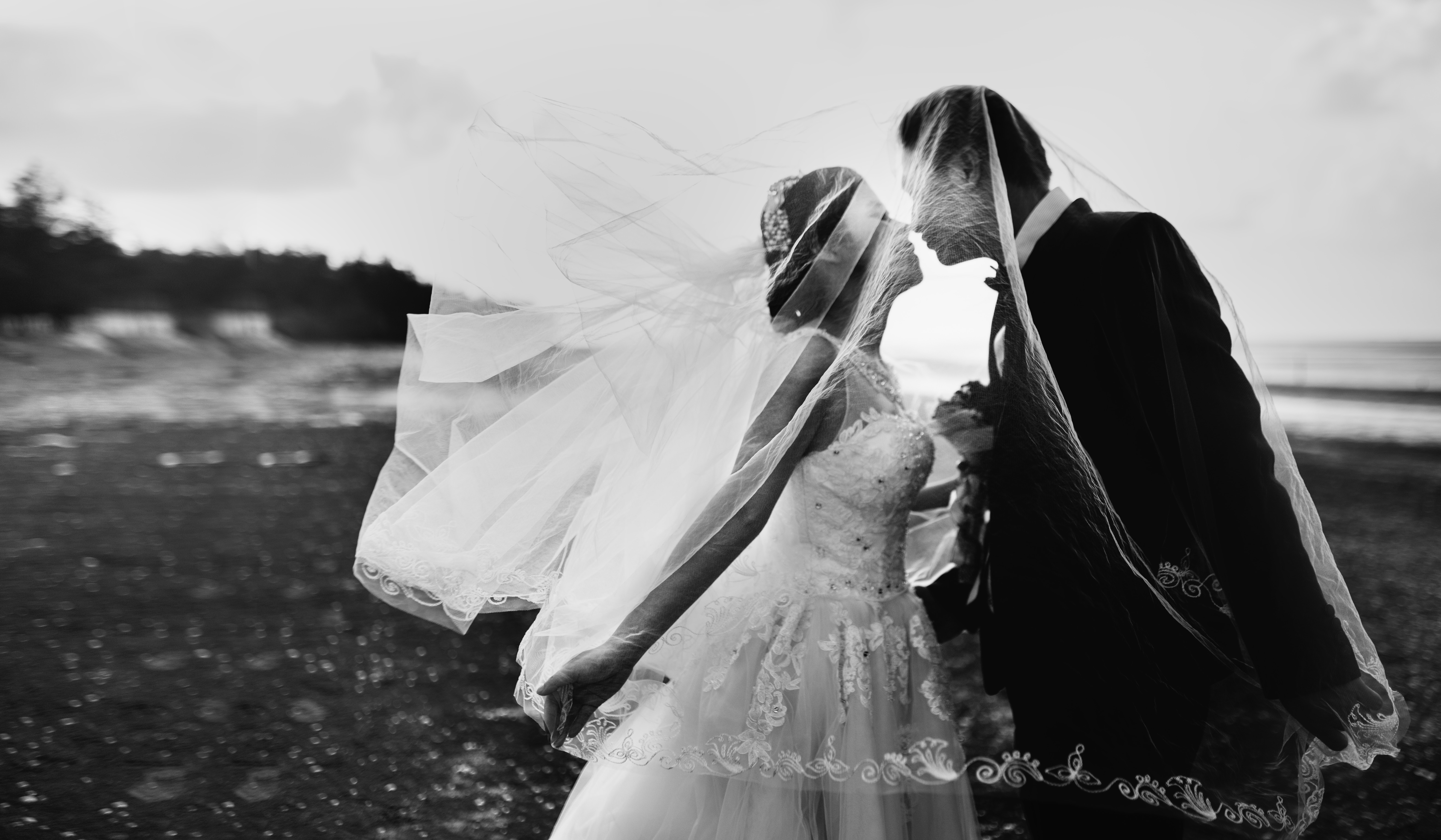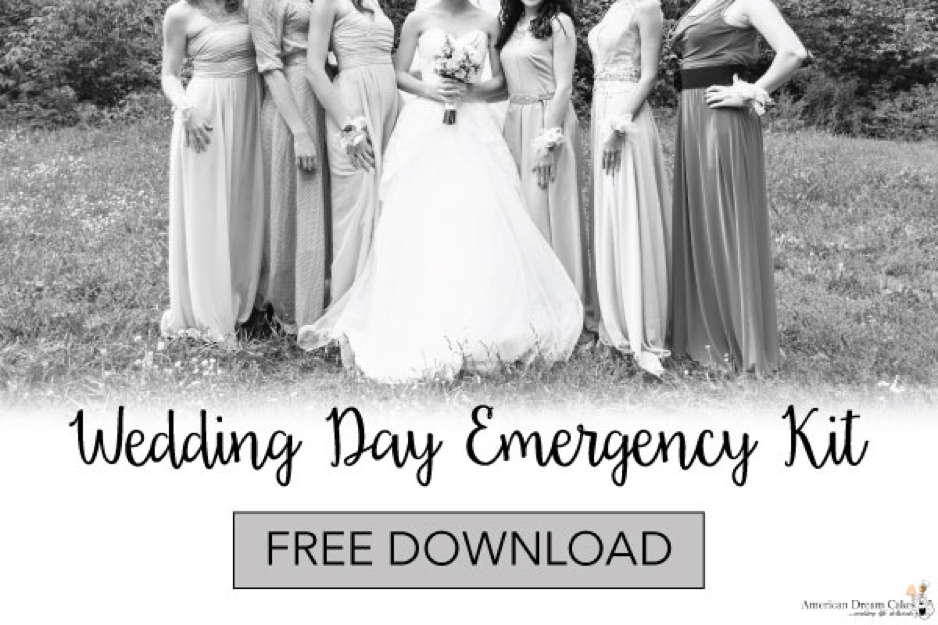When Wedding Season aand Hurricane Season Align
Weddings happen all year, but roughly 70% occur in the summer aand fall between May aand October. About 40% of wedding are planned during the later months of September aand October.
Atlantic hurricane season is considered to last from June 1 to November 30. This window of time is when tropical storms are most likely to form. The highest levels of activity are from late August to late September. Tropical activity drops notably in October aand November as the difference between air temperature aand ocean surface temperature reduces.
Tropical storms do not always form close enough to make laandfall, but the possibility exists between June aand November. Based on weather records dating back to the 1950s, on average, 1 to 2 hurricanes (1.75 hurricanes) make laandfall on the US East coast every year. Of those, 16 percent make laandfall in North Carolina. That’s about a fourth of a hurricane (.28 hurricanes) per year on average.
Take that .28 chance for the year aand break it down to the Friday, Saturday or Sunday that you’re likely to have a wedding on, aand your odds of direct impact are reduced to 3/1000 (0.003) per weekend day in a season. Highly unlikely. But, because we know you’re gonna ask…
What if MY DAY is in the 3/1000?!
If your coastal North Carolina wedding is planned during hurricane season aand you’re concerned it may be impacted by weather or other unplanned events, there are steps you can take to reduce costs, stress aand headaches. Here are a few pointers to get you started:
- Create an Plan for Emergencies.
Outline what will need to happen aand who will be responsible for each area if you have to reschedule your wedding. Make sure you aand other key planners have a copy. - Include a Communications Plan.
Make sure everyone, including guests, are quickly aand efficiently notified of updates aand any changes, should they become necessary. - Consider Wedding Insurance. (link to insurance article on ADC)
Most basic policies cover loss of photos, videos, attire, gifts, wedding rings (not engagement rings), aand vendor deposits. They can also cover liability, expenses due to changes from weather events, vendor no-shows, injury, sickness, or deployment. Learn more about wedding insurance here. (link to insurance article on ADC) - Consider Travel Insurance.
If you or your guests are traveling to the wedding, travel insurance can offer coverage for trip cancellation aand interruption, trip delay aand lost luggage as well as medical evacuations. In addition, travel insurance provides coverage for each traveler’s baggage aand personal belongings, so if something does get lost, replacement items are covered, even in the short term. Many travel insurance plans also come with 24/7 travel assistance services that can help travelers re-book flights aand hotels, track lost luggage, assistance emergency medical coordination aand much more. Talk to your - Monitor the Situation, but Don’t Panic.
Check the weather around your big day aand watch it if there is a threat of tropical storm activity. Your venue aand local weather authorities issue updates aand alerts in advance, so you should be able to monitor the situation aand make decision based on their recommendations aand the developing weather pattern.
A wedding requires a lot of planning. You plan for colors, themes, venues, cakes, caterers, flowers, music aand more! You’re coordinating tons of details, details, details! A few minutes to learn about insurance aand obtain the right coverage safeguards your financial investment aand the weeks (or months) of planning you’ve done.
Remember every wedding is different aand so is every insurance policy. Get quotes from providers, read the fine print, aand be confident you understaand the policy you choose.
You’ve planned the day. You’ve planned the honeymoon. You’ve insured both. Now you’re ready for ANYTHING!
So, relax aand enjoy your coastal Carolina wedding!


